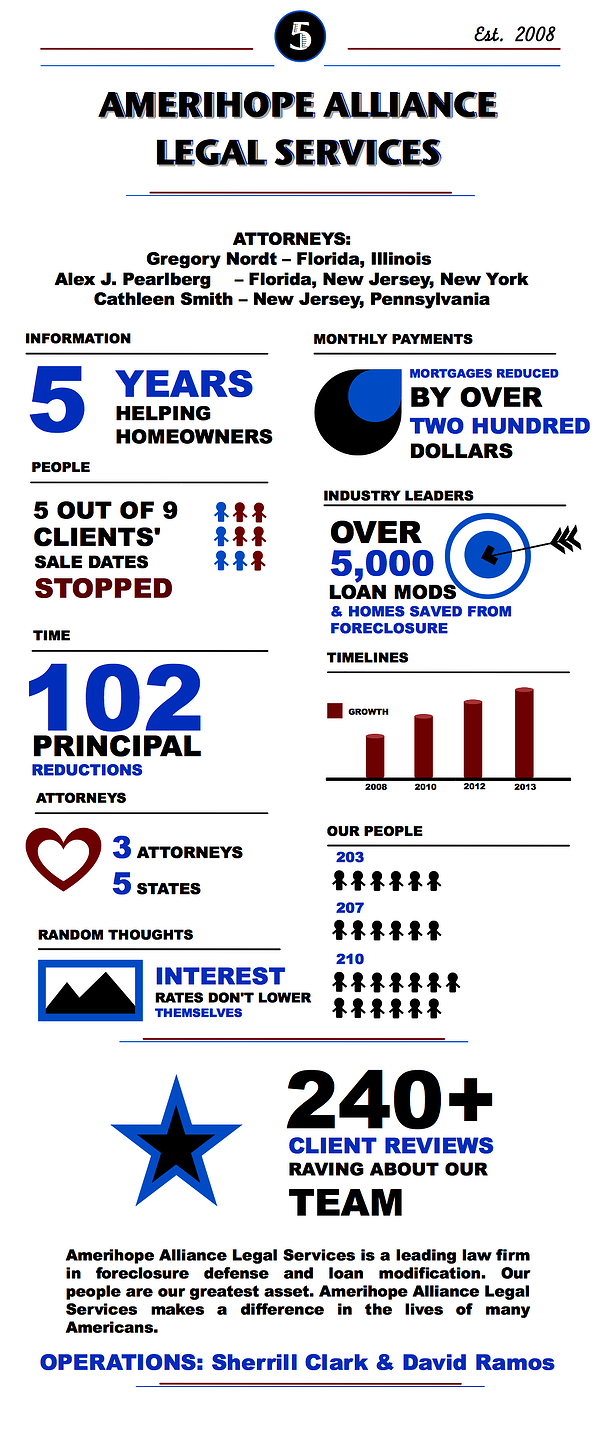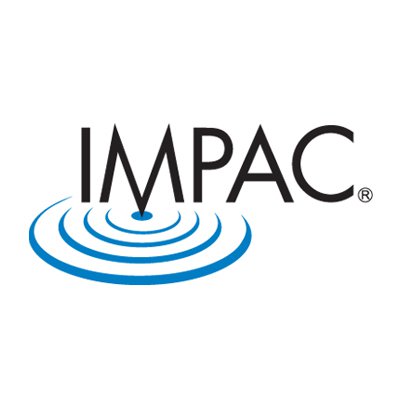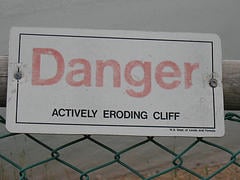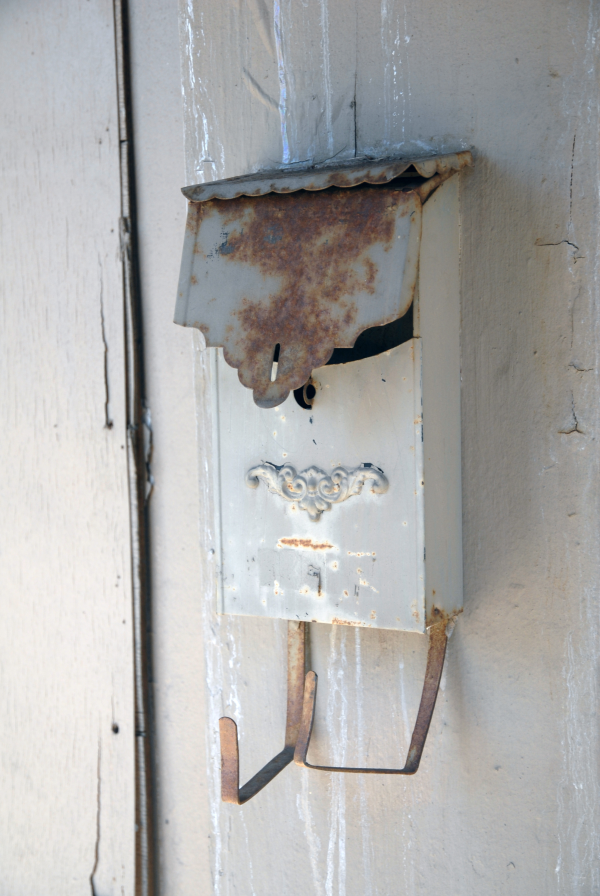To celebrate our 5 year anniversary, we ran a contest in the office. Employees were invited to submit a poem, story, song or picture. Here are our winners!
Winner: Ruth Gross
There was a nice woman
Who lived in a shoe,
She had so many bills,
She didn't know what to do.
She went to Amerihope
With her fears and her dreams,
And with a smile and some work,
They saved her home that sat by a stream.
Her family is now happy
And is able to cope.
She said, "Thank you Lord,
For sending me to Amerihope"
She then kissed all her children
And made sure they were fed
And when they were done,
She tucked them all in bed.
Runner Up: Joe Mizzell
Amerihope Mod Song



 California was once one of the worst places to experience foreclosure, but now it is a model state for giving homeowners a a fair shake against their mortgage lenders. One single piece of legislation is responsible for this change; that legislation is the Homeowner Bill of Rights. California's Homeowner Bill of Rights formally took effect at the beginning of 2013. According to the California Attorney General's Office, the Bill of Rights "ensures fair lending and borrowing practices for California homeowners... these laws are designed to guarantee fairness and transparency for homeowners within the foreclosure process."
California was once one of the worst places to experience foreclosure, but now it is a model state for giving homeowners a a fair shake against their mortgage lenders. One single piece of legislation is responsible for this change; that legislation is the Homeowner Bill of Rights. California's Homeowner Bill of Rights formally took effect at the beginning of 2013. According to the California Attorney General's Office, the Bill of Rights "ensures fair lending and borrowing practices for California homeowners... these laws are designed to guarantee fairness and transparency for homeowners within the foreclosure process."


 If you have received a
If you have received a 









